There are few things I want to do less than give this tribute to my father. The unflinching approach to reality he imparted had left me noticing his aging, and I was preparing to adapt, over time…. But my father never gave someone a challenge he thought them incapable of meeting.
All the wonderful things being shared about my father obviously come as no surprise to me, and I had so hoped to spend the next few years, hearing those things with him, but knowing how uncomfortable it would have made him to hear so much praise, as his own ability to act diminished, I have to appreciate that, as hard as this is on the rest of us, it was an ending with which he would have been satisfied.
I had hoped to spend the next years supporting him, as he always has supported me- my father has been at anything I asked him to be at, and volunteered for things I didn’t intend to subject him to… And The outpouring of remembrances from my friends, has reminded me, of how important it was to him, to know the people important to me. I was touched by the photos my parents saved, not only of me, but of Niki, Jeremy, Erica, Jason, Abe, and so many others. Many of my students and colleagues had stories, as they’ve driven out to Cal Poly Pomona for multiple events, marched with my students for a sustainable future, and for the rights of immigrants, and were happy to attend CPP sponsored Dodger games. Despite his years of public speaking at high-stakes events, family members have reminded me of how the event for which he showed some concern for his performance, was when called upon to officiate my wedding. He saw that a high stakes event. I think Navid would have stayed even with a minor error…. And the depth of his loss, is a testament to my father’s ability to welcome people into his family- completely. When you’re in, you’re in… That’s the for better or worse. And with my father, it was almost all better.
My father didn’t know how to be unproductive, and he will have posthumous work published (not a hint to his co-authors, or a comment on the reviewers- #2 I’m looking at you…), but the idea of slowing down, of doing less, of relaxing, was not at all appealing to him. Nor had it ever been.
Even now as he prepared to “retire” for the fourth time(?), he was finally finding the time to research our family history, finding a master’s thesis on one relative, connecting with ethnomusicologists while researching a family melody… he was organizing photos and records, and of course, gardening.
I’m not sure I ever remember my father reading a novel, though the books he gave me to read, were always meaningful. A Tree Grows in Brooklyn, The Yearling, Black Boy…. Ya know light childhood reading. He never binged anything on Netflix. But he wasn’t quite as out of touch with popular culture as we used to joke. I remember him telling me these films will change how movies are made, when he took me to 2001, and Star Wars.
To vacation with my father was not per se relaxing, but it was always educational. Weren’t there museums to see, history to be learned, culture to be appreciated? I can’t imagine a trip to a beach resort without a sustainability tour. And I have been to an embarrassing number of train museums. From the family albums, apparently my mother married him despite the train museums.
My father had a quintessentially east coast Jewish sense of humor. Political, ironic, dark, but never mean. He had a good chuckle when he learned the Jewish space laser conspiracy centered on high-speed rail, and we certainly have exchanged our share of dark political humor over the years. But he also would go long game on humor, in a way I don’t think most knew…. When my brother was roughly 8- around 1982 (fine I checked the year online), he saw the old chalice comedy skit redone by HBO as a short, and thought it was hysterical, so in typical 8-year-old fashion (and I have an eight-year-old with my brother’s smile), he made a few too many jokes about the chalice, begging my father to re-enact the skit for him. My father, good-naturedly threatened to do that as the toast at my brother’s wedding, if he didn’t stop…. Over the years, once in a while he would bring that up… Fast forward to 2004- Steve and Shirley’s wedding. My father gets up to give a toast, and he opens with the exact same, largely innocuous lines of the skit…. The look on my brother’s face was priceless. Of course, my father proceeded with a lovely toast, And I know only four people there got the joke… but it was epic.
My father did love baseball. Growing up in New York in the 40s and 50s, he and his Uncle Harold’s favorite escape was in the rooting for the underdog Brooklyn Dodgers. And many of you who may have attended games could have mistaken him for teetotal, as he almost never enjoyed a beer at a game. Why? Because once, during a restroom break- he missed a triple play. Fortunately, he stayed in his seat in 1988 for Gibson’s home run, and As a Brooklyn Dodger fan, he saw most of the greats play live, including Jackie Robinson. He also took me to some pretty amazing baseball games, and thanks to his busy travel schedule, I was frequently the lucky recipient of tickets, even when he couldn’t attend. My first Dodger Game went into extra innings, and the Dodgers won on a hit by Steve Garvey. Since we never leave early, we were at the game where the Dodgers hit four home runs in the ninth, though we also suffered through a game where they blew a 13 run lead…. I was at Orel Herscheiser’s first start as a Dodger at Shea with the somewhat traitorous but still beloved Uncle Harold who had defected to Mets fandom…. We’ve seen more than one win by pitchers like Valenzuela, and Kershaw… And I got 18 innings of world series baseball- in one game. No, I did not leave early. And I rode my bike.
Despite his impressive personal achievements, he told me, more than once, that the real influence he had and what he was most proud of, -were the people he had the privilege of working with, educating and developing. He told me, “Not very many people read academic papers, but the influence we have, is in not only the scholars we train, but the many students who don’t become scholars, but go into the world, carrying what we teach them, the messages, values, ideas, and ways of thinking that we impart.” He saw himself fundamentally as an educator, and that approach, allowed him to remain true to himself, his ideals, and his values. Because what he valued most -were people. And being an educator wasn’t a one-way street. He valued what students brought and he integrated it into his thinking and as a result he never stopped growing- challenging his own thinking. That this was the real value of being an educator, the opportunity to expand people’s minds, and in turn, have your own expanded. Recently I had the wonderful privilege of two of my own former students returning to guest lecture for our annual professor for a day campus event. I had them speak about research, about data. And they blew me away. They had this deeply compassionate, humane view of policy, of research, of data. I was shocked at how much of my father’s voice was in their words. When they ended with, and this is what you taught us Dr. Wachs…. It wanted to tell them it wasn’t really me. I was just passing on what I had lived.
One of my friends jokes that when you bring sociology (and my father was undecided between sociology and civil planning) to other disciplines, everyone thinks your brilliant, but one is just asking for people-centered, critically evaluated, long-term planning. And that was effectively the mantra of my life. My father imparted that fundamentally research is about people, and people’s lives. My father lived his life never forgetting that every equation, every budgetary decision, every funding priority, wasn’t a number on the page, it was people’s lives. And those lives were precious, valuable, worthy things. For my father, every person mattered and should be treated with dignity and respect.
And seeing the many wonderful students he taught, and the people they have become, and who my brother is, and who we chose to marry (Shirley and Navid), and who Leia and Ziya are, he will never be gone, and the world is better because he was in it.
I think the many tributes and accolades that continue to pour in would have overwhelmed my father. He was a practical person at his core. But that’s not his legacy. The legacy he leaves is a cadre of people committed to social justice and equity, and human-centered policy. And I am confident that the scholars, practitioners, and activists, he mentored can and will achieve this. And that will be his legacy.
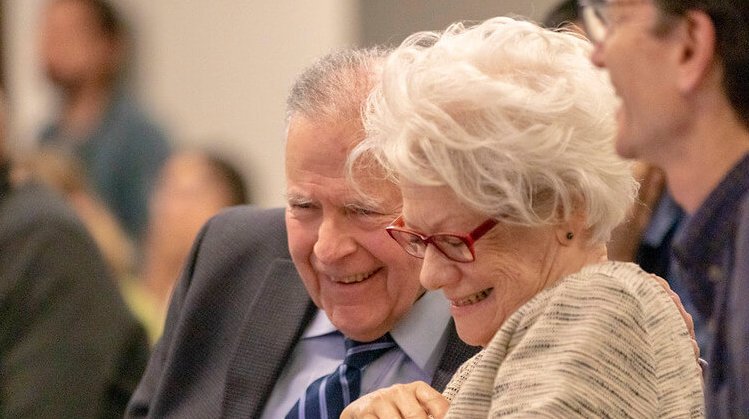
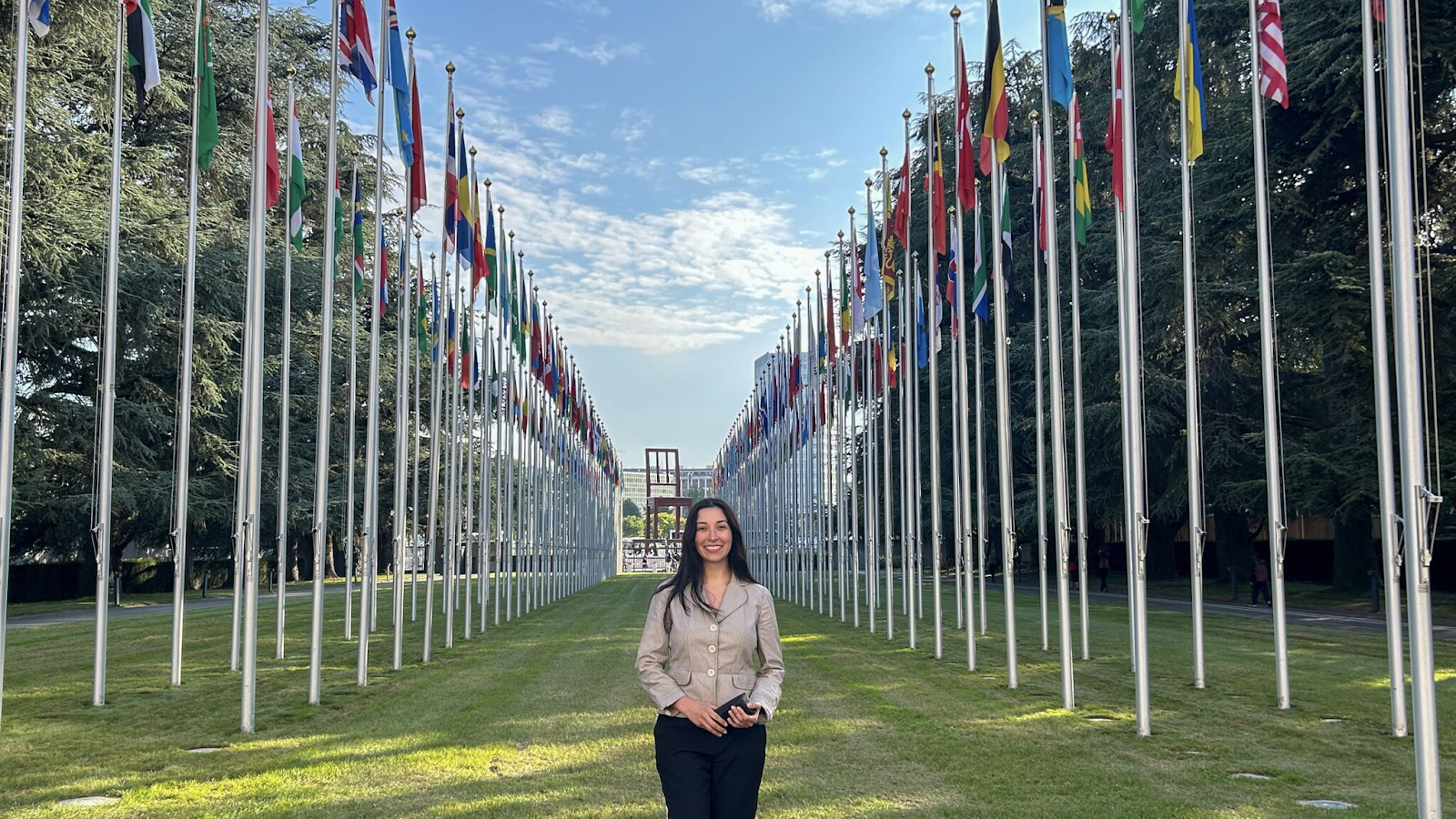
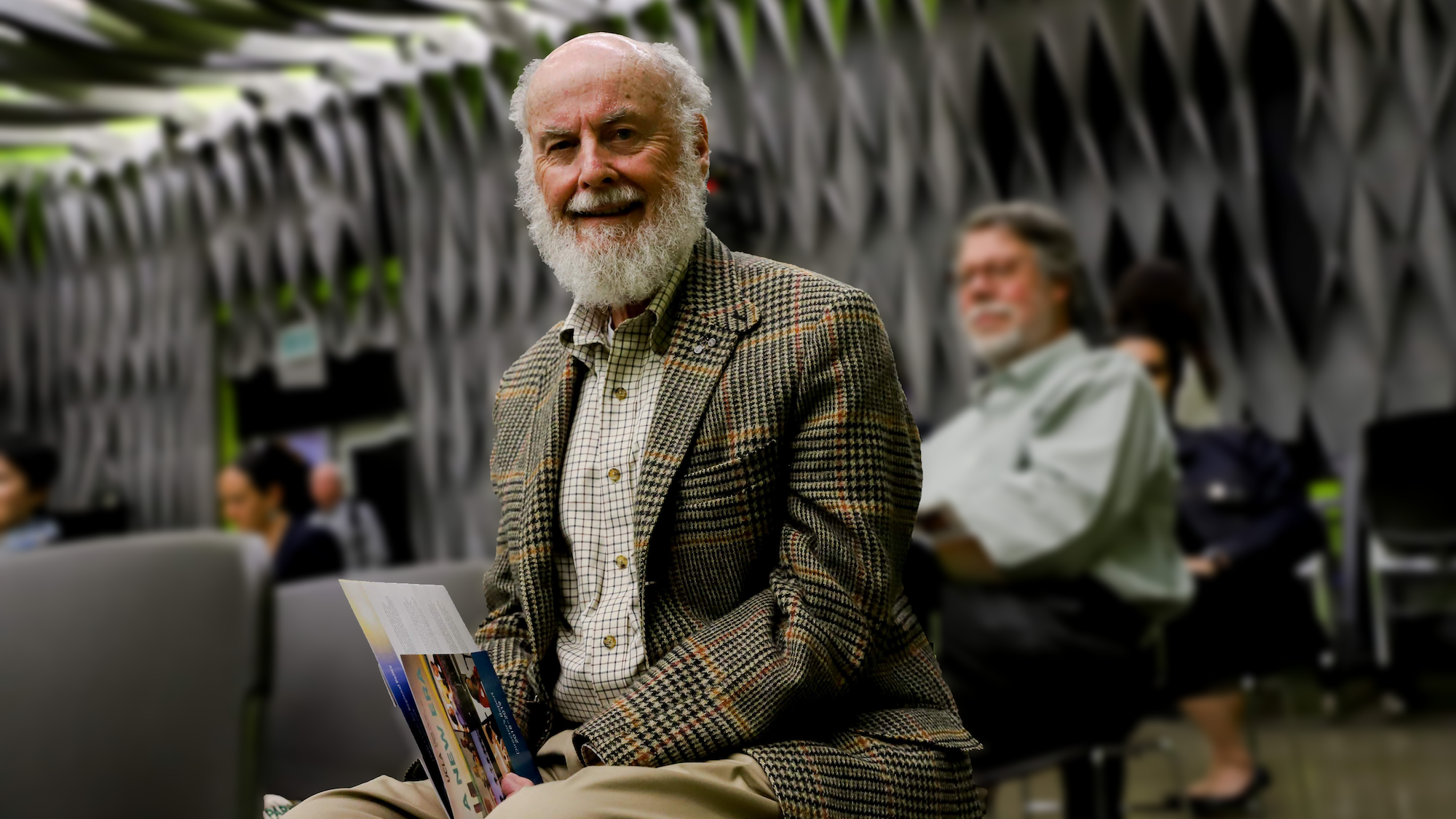



















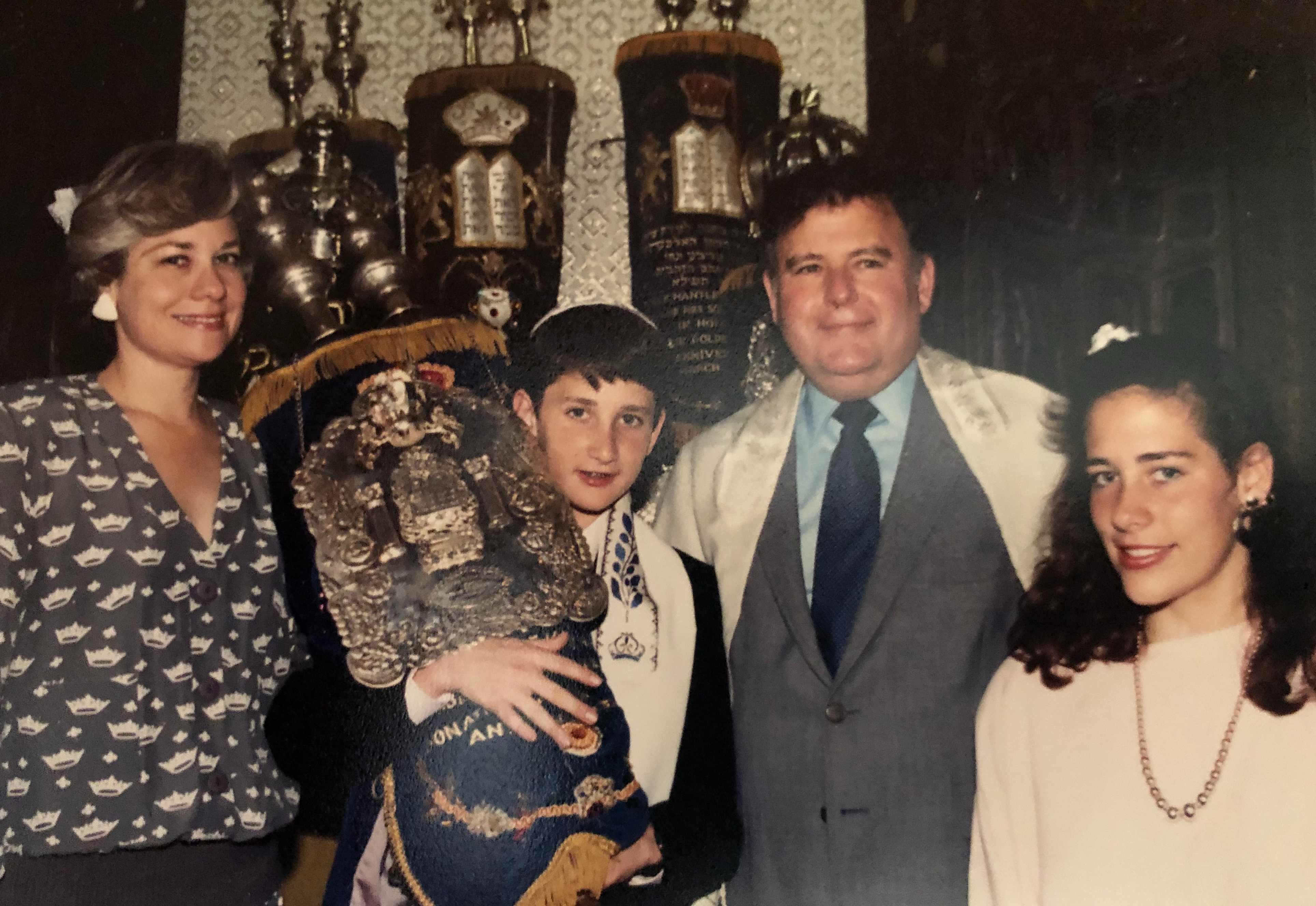





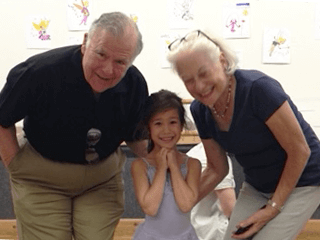
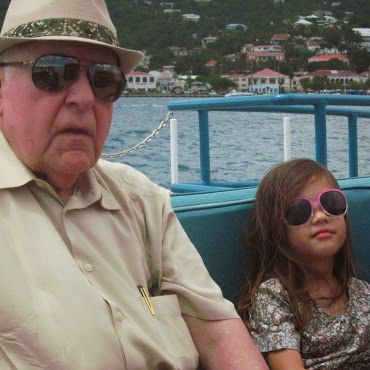
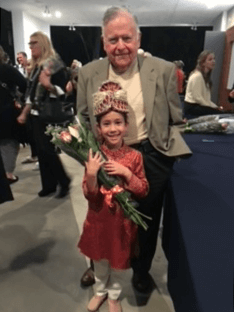
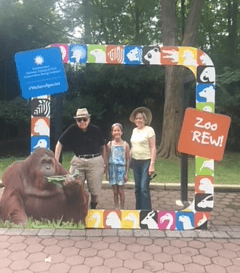

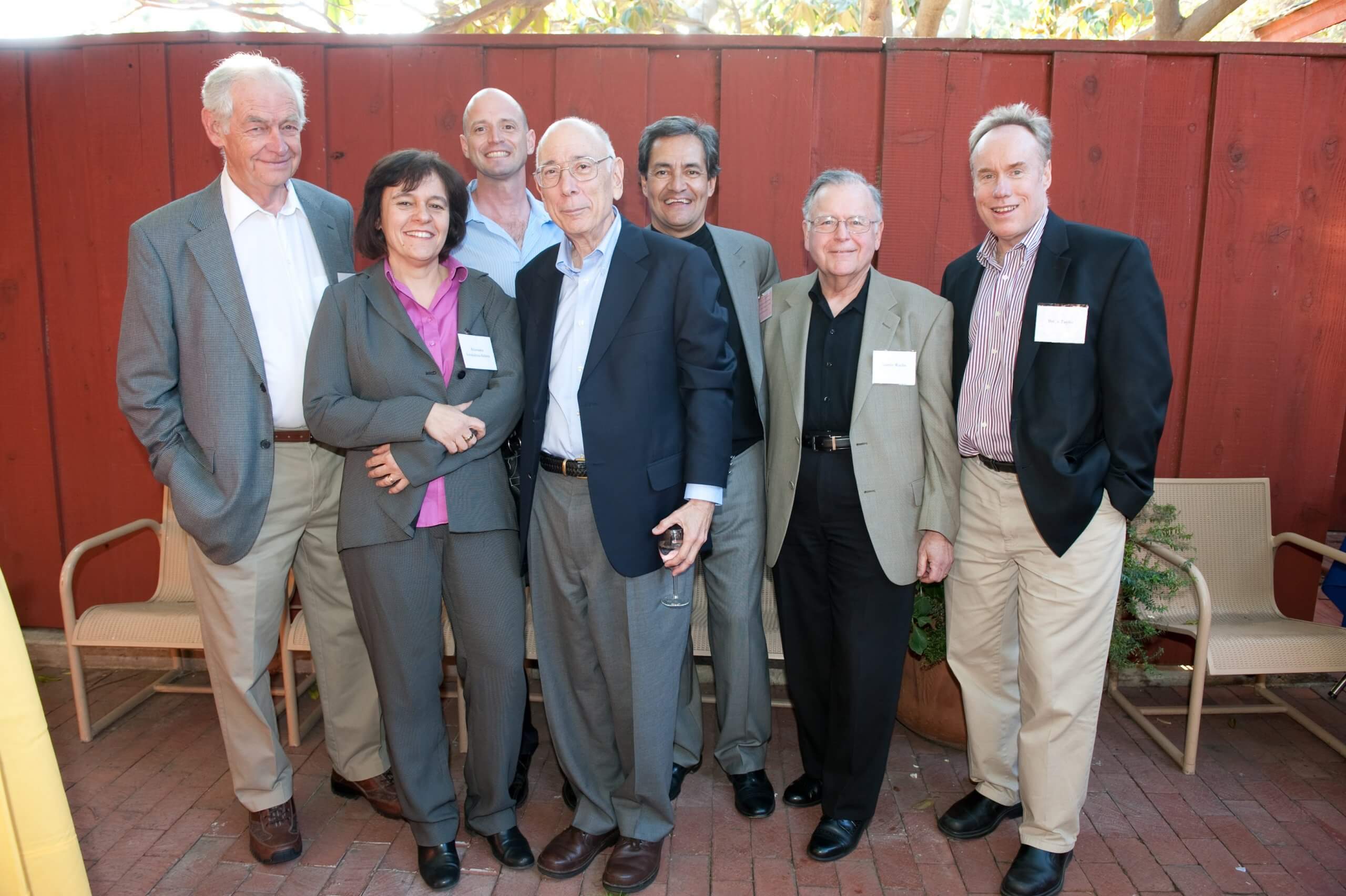
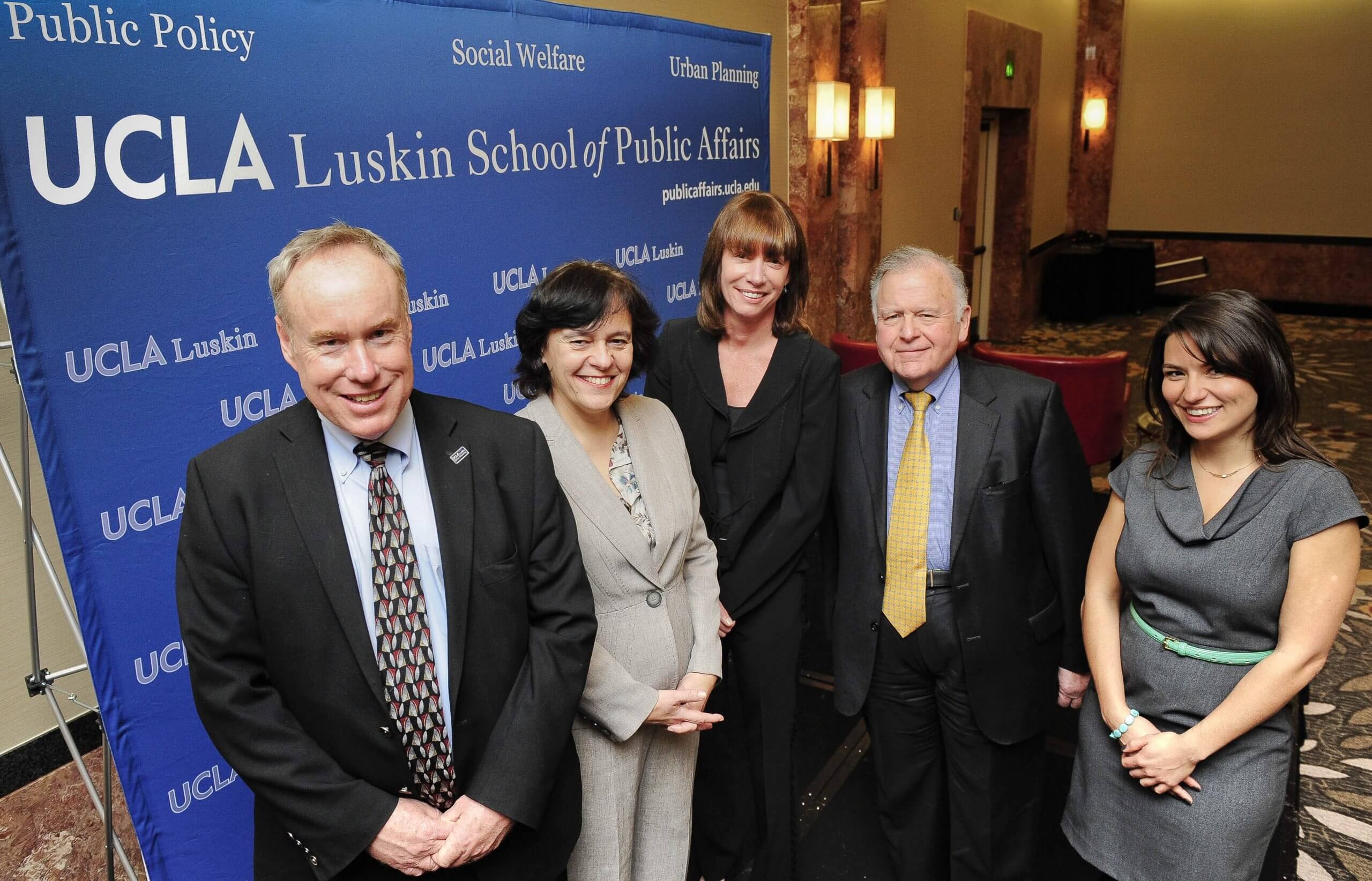

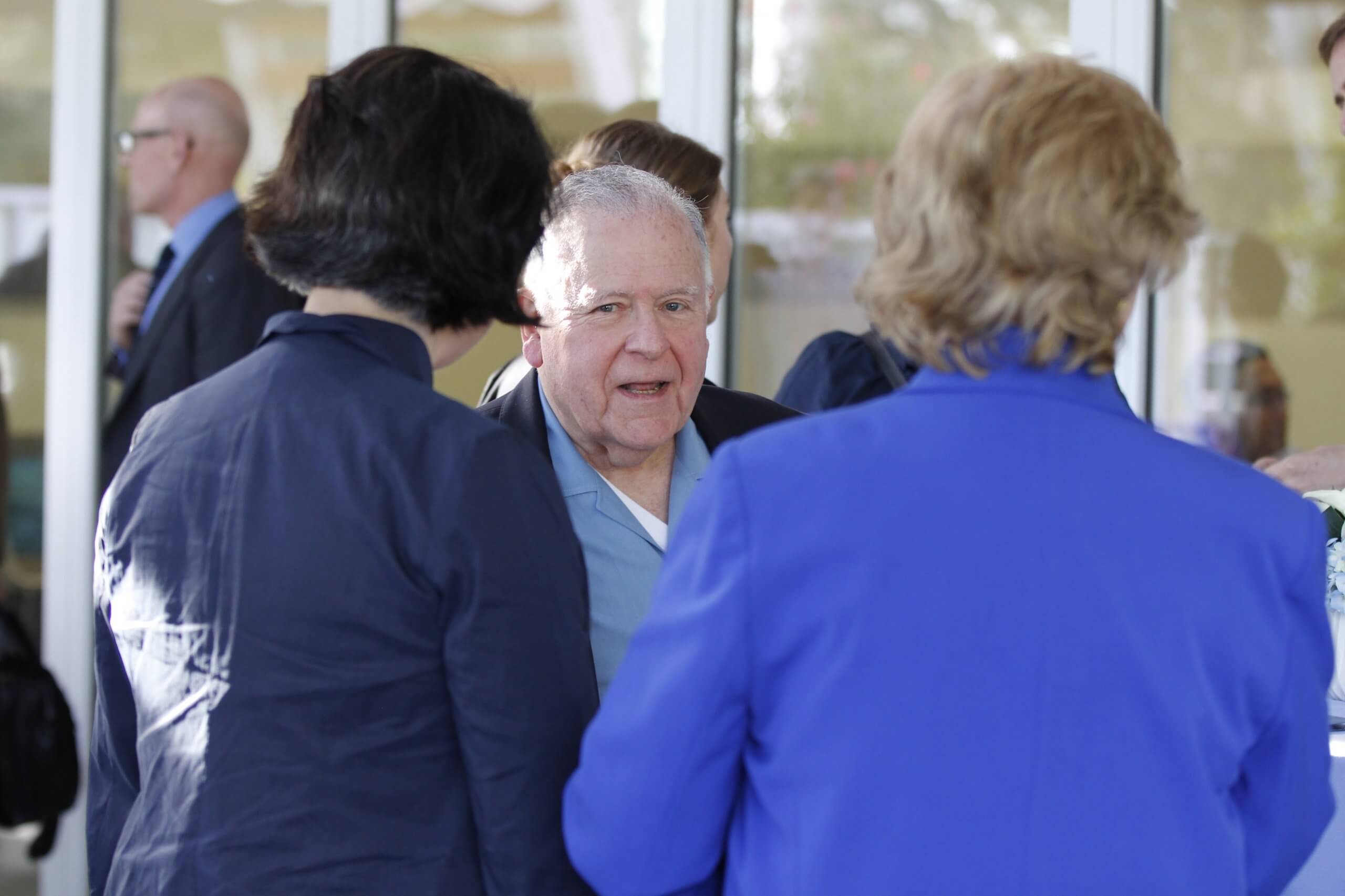
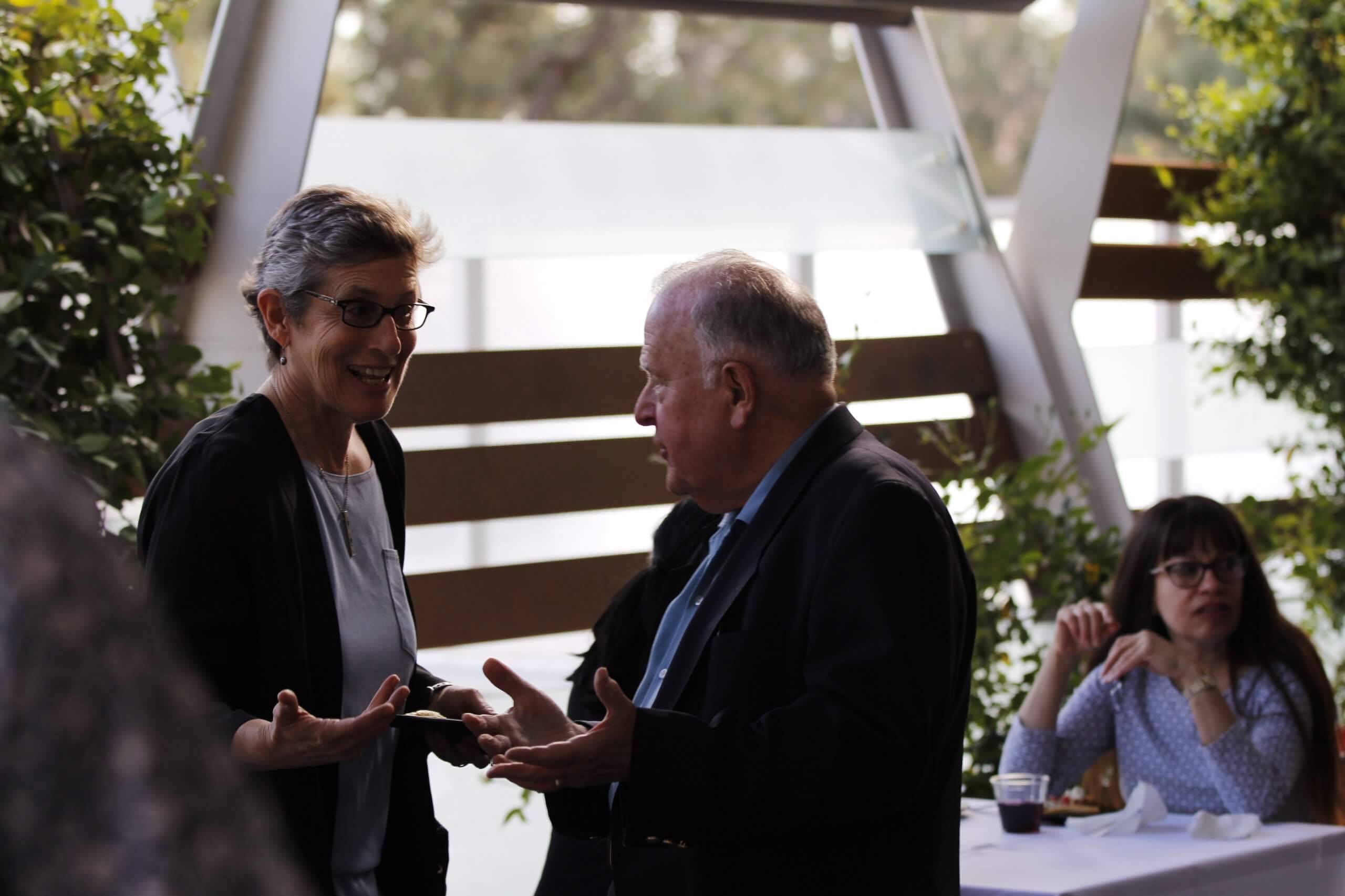
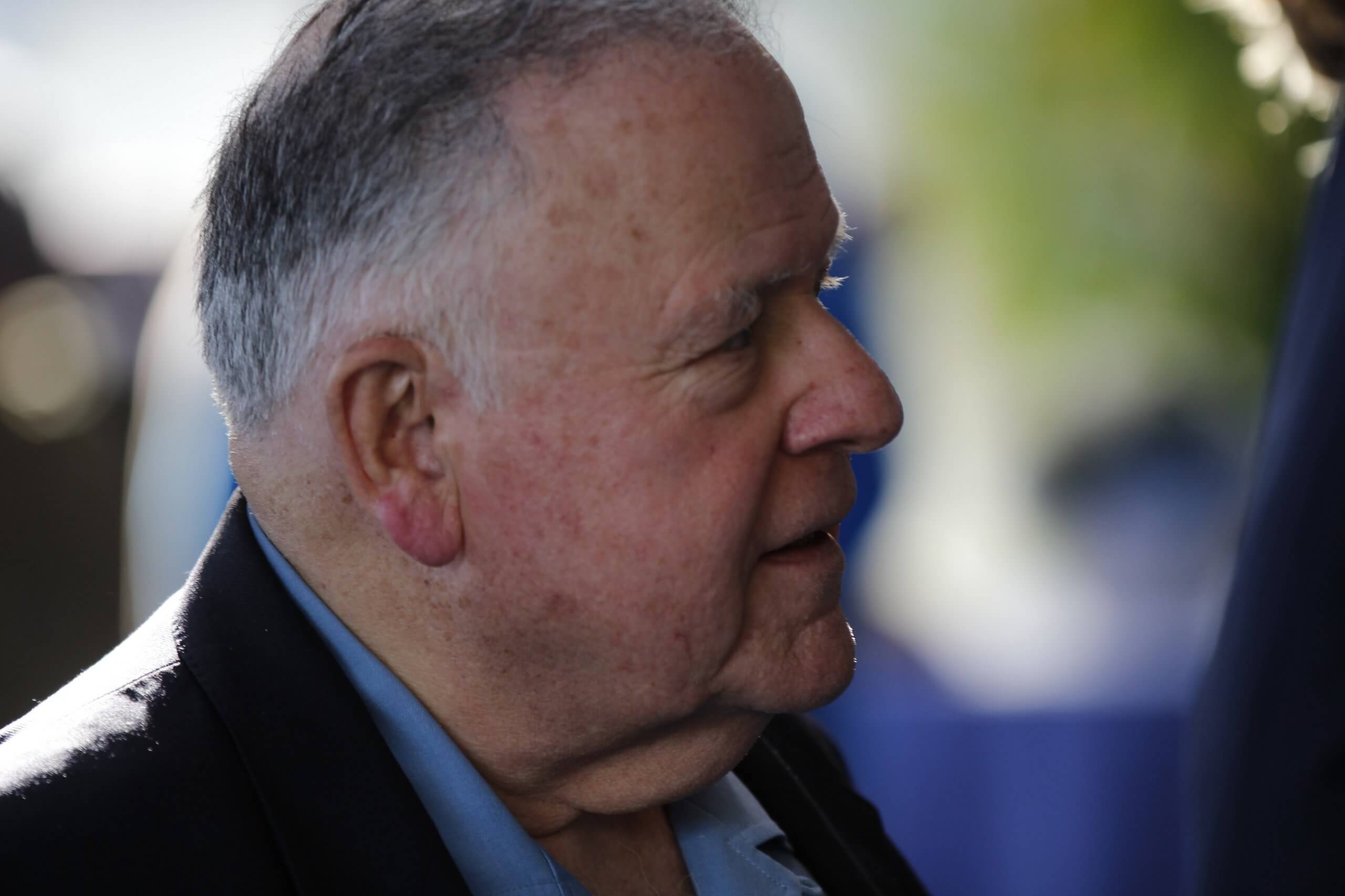
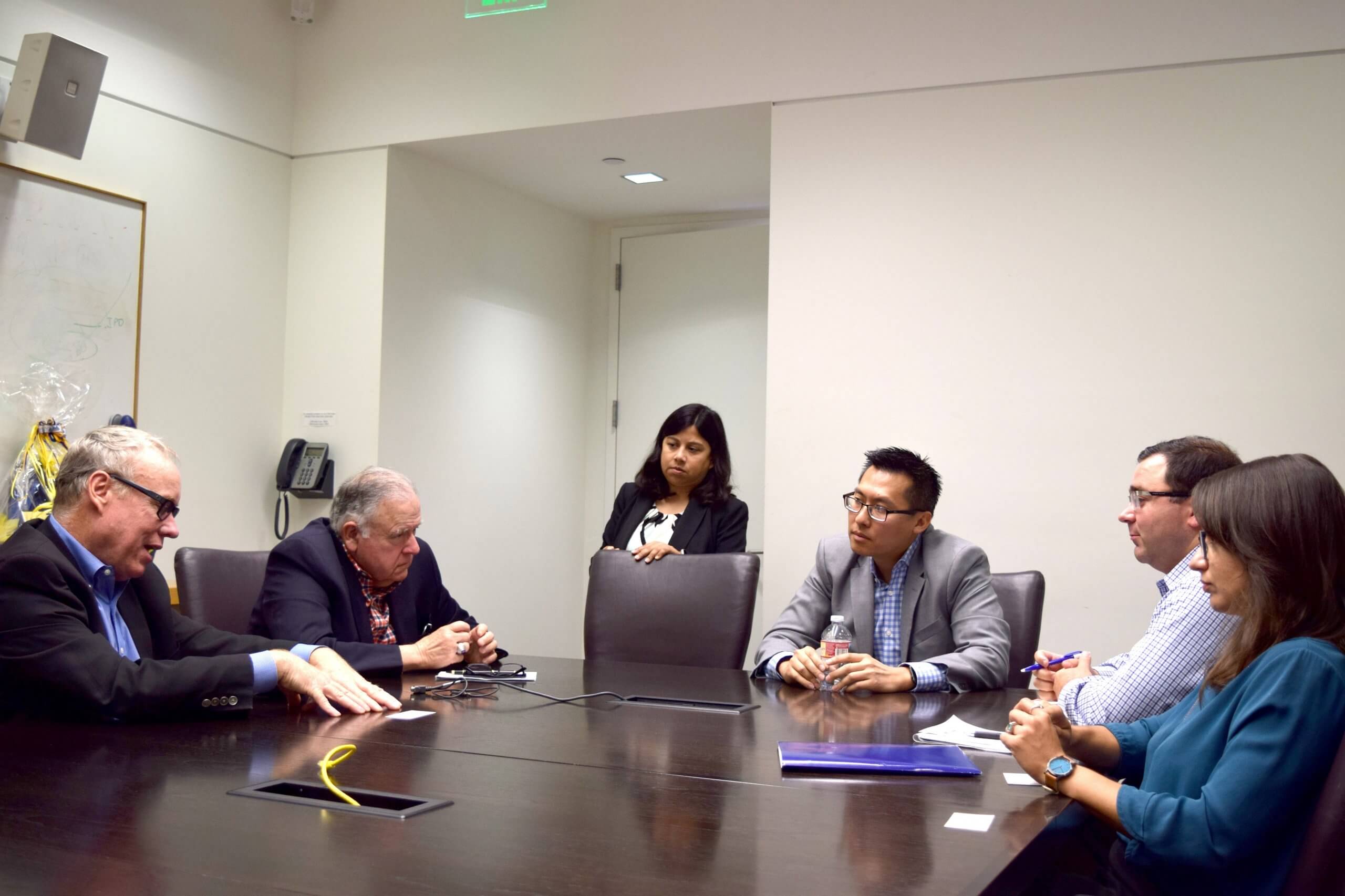
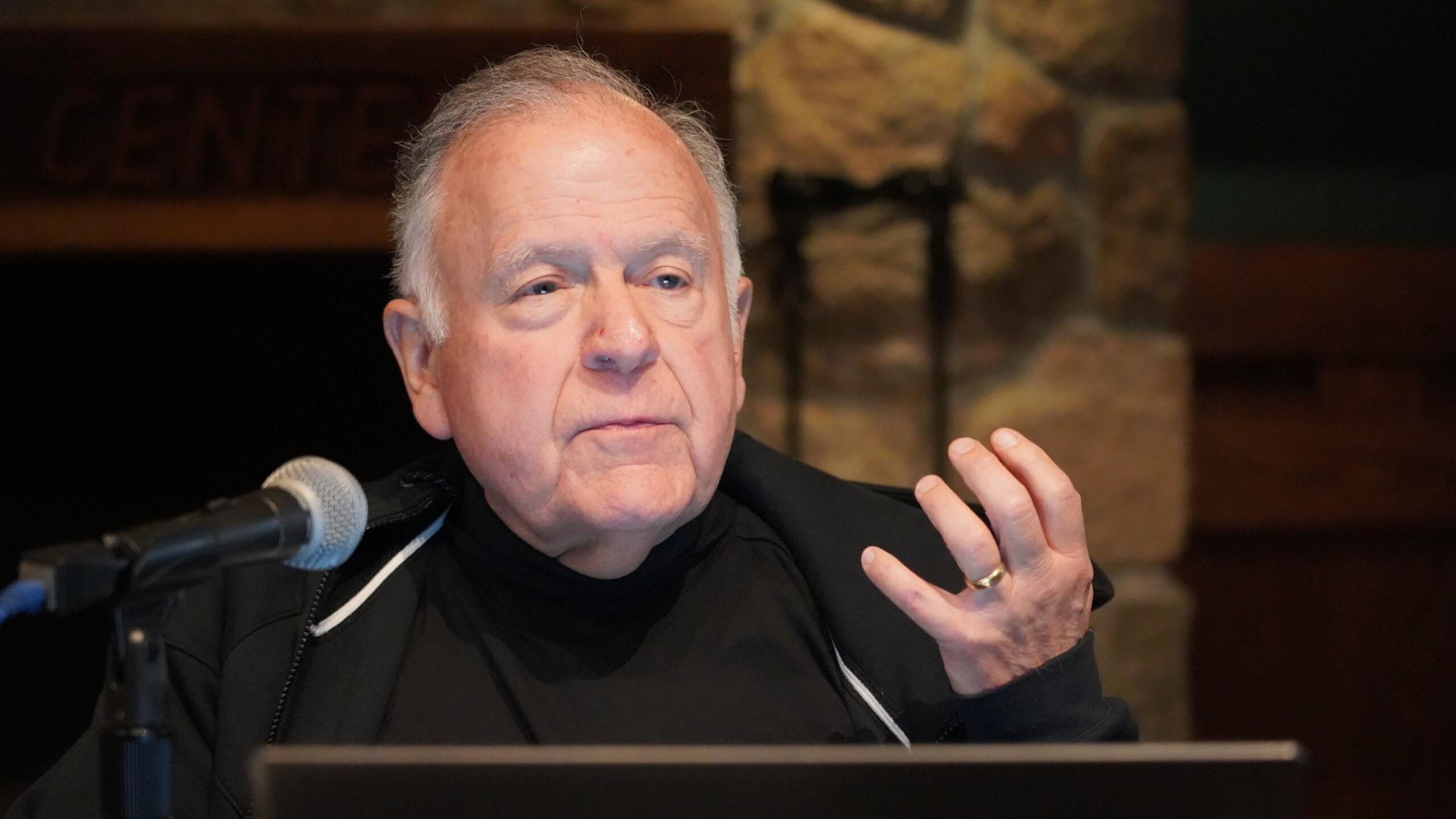
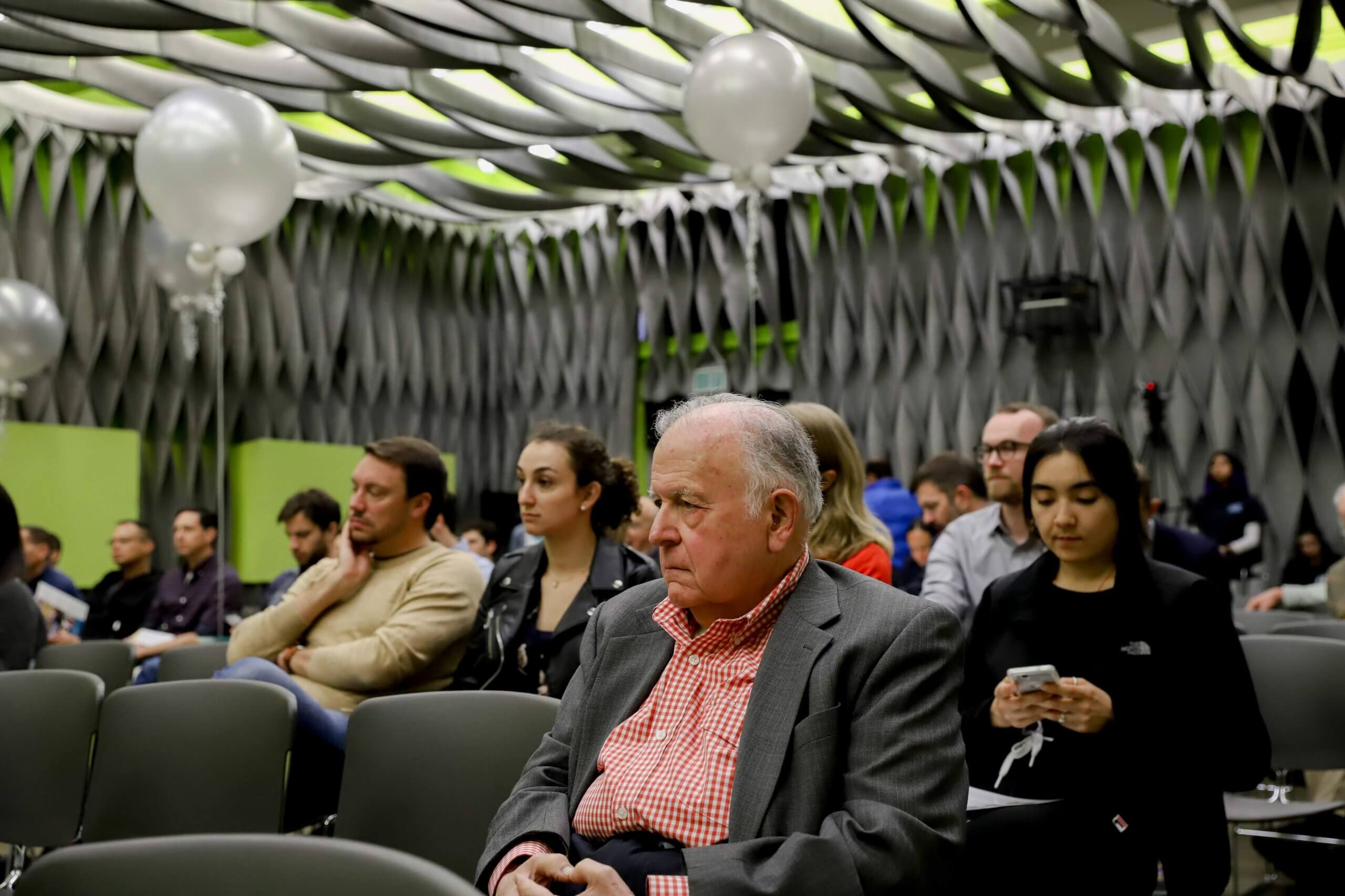
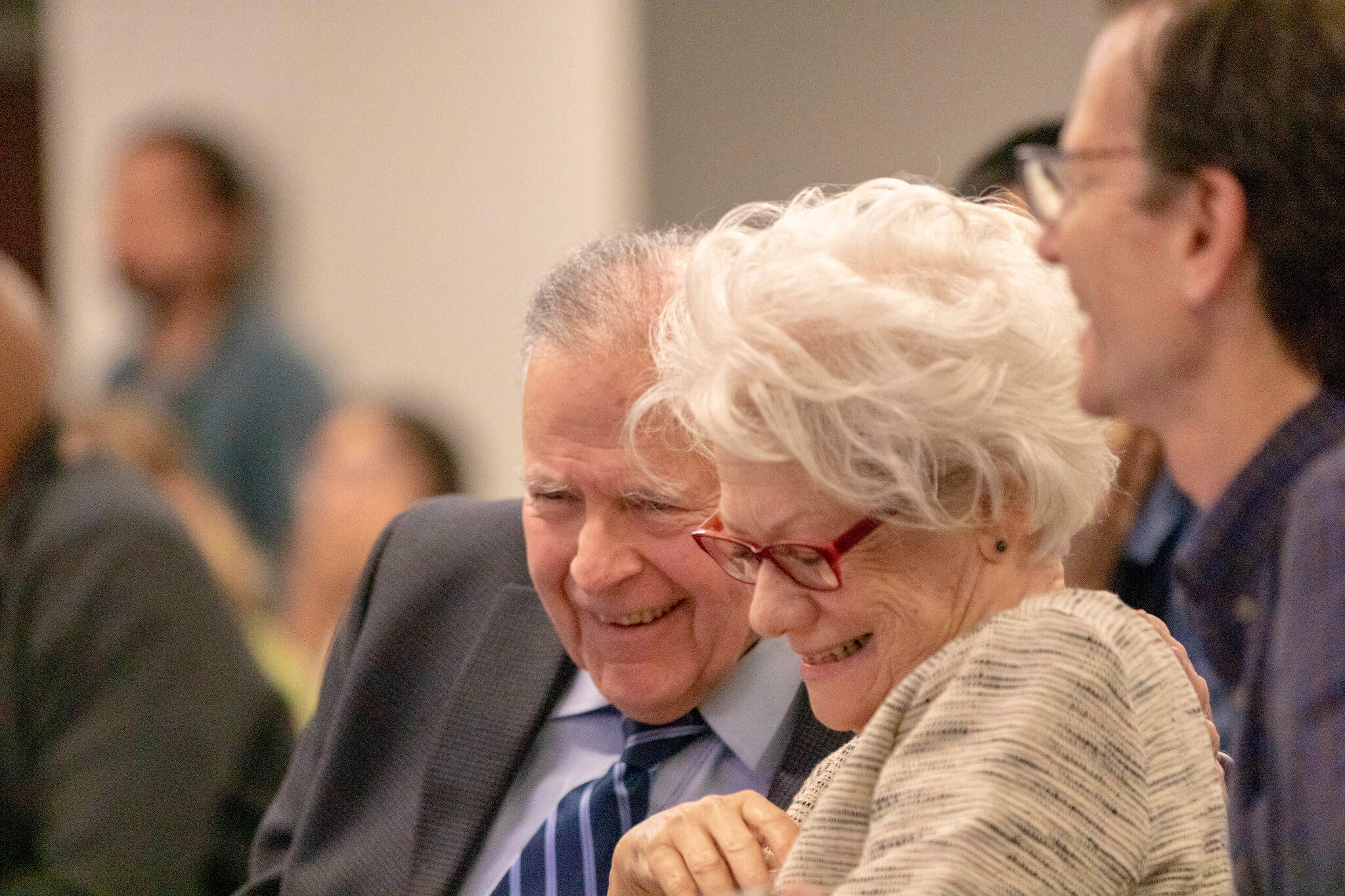
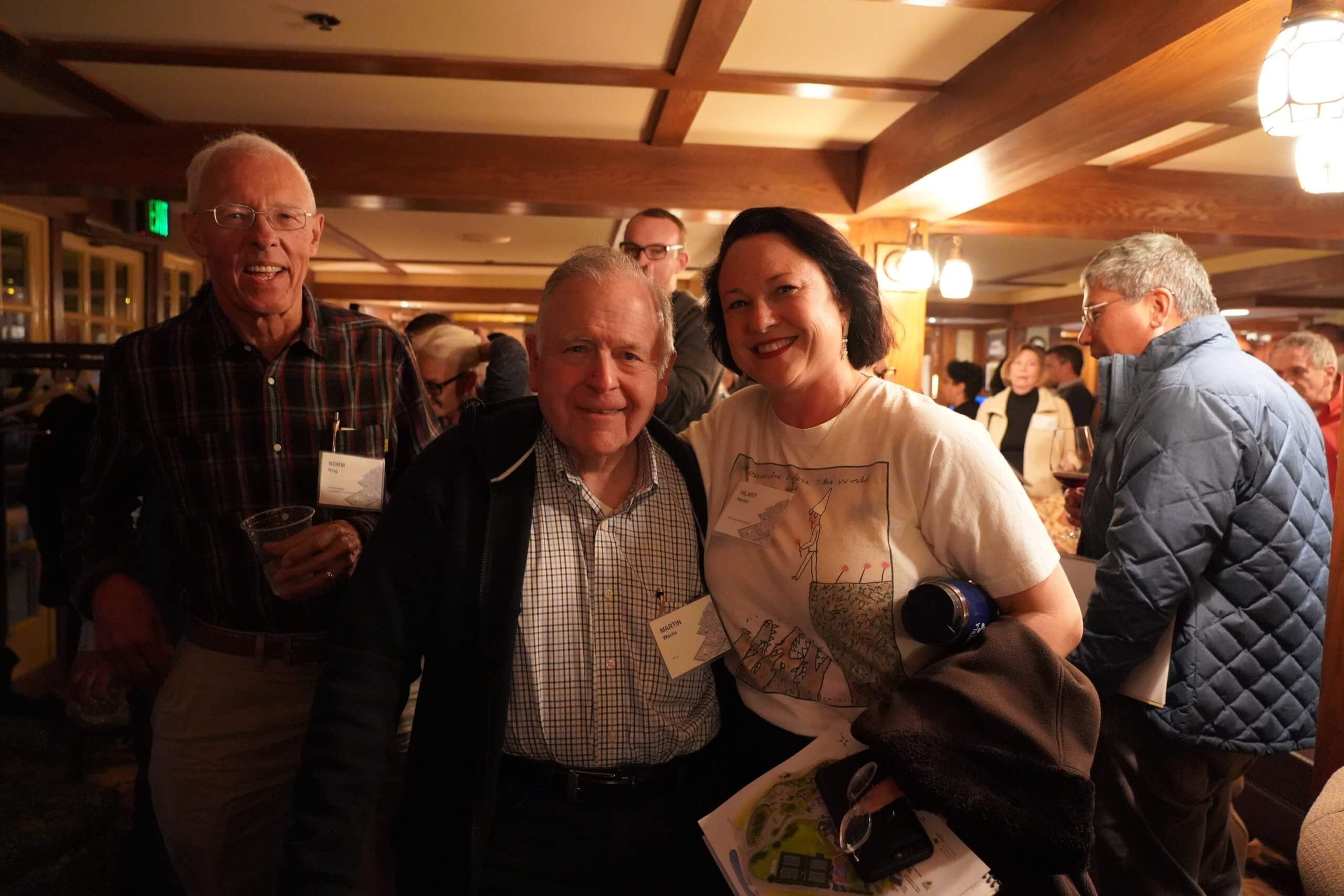
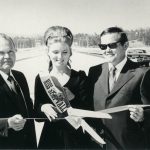



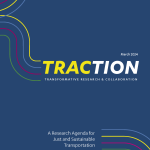
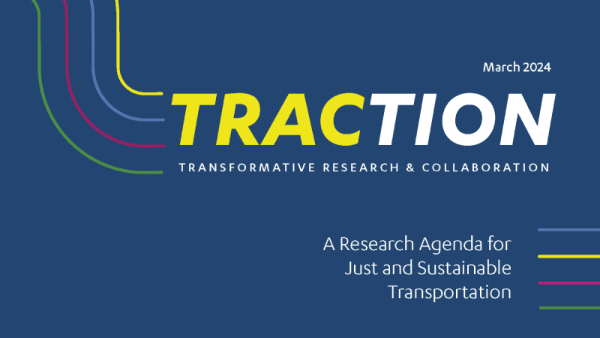
Marty meant so much to me and to all those whose life he touched as a student, colleague or friend (I was all of these).
Marty was instrumental in hiring me and furthering my career. He was my role model as a teacher. Early on I took a class from him and saw how much preparation he put into each class and what a difference it made. When I came on the faculty I took over one of the courses he had been teaching. He unselfishly shared with me all his lecture notes, assignments, thoughts, etc. giving me a head start on my teaching career which I tried to model after him.
He always had time to listen to and help students and other faculty. Marty was an outside member of my dissertation committee and was actually on sabbatical in England the year I was writing. Yet he contributed more to helping me complete my dissertation than all the other four members on the committee combined. I will never forget that even though in those days we had to mail copies back and forth abroad, his numerous and helpful suggestions were faithfully returned before any of those on campus even read the draft!
I could never figure out how he had time to do everything so well – teaching, research, administration – and still have time to enjoy his family and the Dodgers so much. It is a great loss for everyone. My thoughts are with his family.
Marty was my faculty advisor for my capstone project. He taught me invaluable lessons on how to think critically about transportation policy and challenged me in my research and my writing. At times it was a tough experience, but I emerged as a better student and thinker thanks to his critiques. I’ll never forget how eager he was to lend a helping hand and how accessible he made himself throughout our time working together. His commitment to the field of transportation and to Luskin students is truly inspiring. My sincerest condolences to his family.
I have so many fond memories of Marty. He was a mentor and friend during my PhD study at UCLA. The program was still moderately sized in those days (1974-77), and while I didn’t take any transportation courses from Marty, I found him always available to discuss planning issues, baseball, or almost any subject. When I began putting together a dissertation committee, I was unsure whether including a transporttion guy was a good idea, and asked Harvey Perloff, my chair, for his input. “Clear thinking, Joe. Clear thinking and commons sense are invaluable.” And, of course,Marty had a large supply of those qualities. After being advanced to candidacy, and having completed several drafts of my dissertation, I became impatient, and decided to take a position in San Francisco Marty tried hard to dissuade that action, and repeatedly told me that if I’d just chain myself to my desk for a while I could complete everything in another month or six weeks. My response was that I had some ideas about additional research and re-writing several sections, and just needed a change. Several times in the development of my research, he had suggested that i pare down my verbiag and re-focus my presentation, rather than add more tangential material. In those discussions about my leaving early, as he had in the past, he often added “As my grandmother used to say, enough is too much!”
In late 1977, I left for northern California anyway, convinced that I would finish my work in short order. Of course, Marty was right, and I probably submitted seven or eight rewrites, never being satisfied with the product; I didn ‘t finsih my dissertation until 1981. When I brought the final copy down for signature, I walked into Marty’s office, and asked if he wanted to discuss any elements of it, and he said “Joe, as my grandmother used to say …”
Marty leaves a lot of warm memories for me, as obviously he did for so many others! Thanks, Marty. Blessings, Helen.
Marty Wachs simply made the world a better place. Despite his brilliance and renown as a world-class transportation scholar, he remained a humble person and without the slightest bit of pretense. I never heard him utter an unkind word and he treated all without judgement and with dignity and respect.
For many of us, Marty was not only a scholastic and professional mentor but also served as a guiding light in helping us navigate through life.
Even to this day, when faced with a difficult decision, I often find myself asking “How would Marty handle this?” He was so incredibly dedicated to his students and never told any of us that he was too busy to take a call or meet with us. Marty is more than deserving of all of the platitudes others have shared and we thank Helen and the Wachs family for so graciously sharing Marty with us.
A wonderful recollection of Marty’s grace is when the graduating students of the 1992 GSAUP class organized a surprise dinner party in his honor to thank him for all of his support and assistance. I contacted Helen and she was a willing accomplice happy to bring Marty to my home on the pretext that my friends were throwing a surprise birthday party for me.
With the students gathered in the foyer, when the doorbell rang and I opened the door, there stood Marty with Helen and his parents to present me with a gorgeous bouquet of flowers to celebrate my birthday. When we all shouted out “surprise” and explained that the party was actually organized in his honor, Marty was absolutely stunned that his students would organize such an event for him.
Marty’s brilliance and dedication lives on in all of the people whose lives he touched. I offer my sincere condolences to the Wachs family and hope it is comforting for them to know how much Marty was revered and will be missed.
I think it speaks volumes that, although he was a preeminent scholar in his field, the first thing that comes to mind when most of us think of Marty is his kindness.
Marty was always willing to engage seriously with my writing and to provide thoughtful and encouraging feedback. He was quick to encourage his students to think of themselves as peers, capable of serious scholarship. I remember when he once asked me for feedback on a paper he had written, and specifically encouraged me to be candid in my criticism, since he recognized that I would naturally feel intimidated to offer real feedback to someone so senior.
Marty was open about the value he placed on his relationships with Helen and with his children, and he was very supportive of me as I was starting my own family during my doctoral studies. I was pleased when he and Helen attended my wedding and I had the chance to introduce him to my parents. When my first child was born, he and Helen sent a thoughtful gift of two picture books, along with a note expressing the importance of reading to children, even when they may be too young to understand much.
Marty was a close colleague of ours at Eno. In 2016, he was the first-ever recipient of the Eno Thought Leader Award which we, appropriately, presented to him at our Leadership Awards Dinner. The award was created to recognize exemplary achievement in the field of transportation research and scholarship. It acknowledges individuals that have a demonstrated body of rigorous, timely, and impactful work. Everyone who knew him agreed there was no one better suited for the award.
Over the years, Marty contributed to many Eno articles, reports, webinars, and conferences, including Eno’s Transportation Quarterly Journal. His first article in 1969 came when Marty was fresh off his Ph.D. from Northwestern University and while he was on active duty as a Captain with the U.S. Army. His article that year focused on the role urban highways play in shaping patterns of growth and development. Clearly, Marty was ahead of his time and would continue to be throughout his career.
In 2016, I had the distinct pleasure of serving with Marty on a jury to review proposals to rebuild New York City’s Port Authority bus terminal, the busiest and most complex on Earth. Marty volunteered to chair the group, run the intense meetings and presentations, arrive at consensus among the jurors, and—in true style—author an article in the Transportation Research Board’s monthly journal on the experience.
Recently, Marty worked with us at Eno to produce and convene a three-day workshop at the Pocantico Conference Center in upstate New York. The workshop brought together twenty-four scholars and executives expert in transportation policy, finance, operations, technology, and environment to explore challenges to transportation governance and considered whether they can be addressed through institutional reform. The subject matter was difficult, and the discussion was wide-ranging, but never one to shy away from controversial topics, Marty jumped in with both feet and was instrumental to its success.
I could go on about Marty’s work on transportation funding and finance, ballot measures, traffic congestion, and the environment. But for all his achievements, Marty was a hell of a nice guy and extraordinarily generous with his time. We lost not just a colleague but a friend. Thankfully, the many lives he touched means his legacy will live on for a long time.
Every superlative about Marty is absolutely accurate. First, as a student, then as a colleague and friend and a source of outstanding professionals to hire, knowing Marty was a gift for which I will forever be grateful. At a time when the world needs people of the utmost integrity, kindness, compassion, and intelligence, his life is a role model for us all. May his memory be a blessing.
Reading through these comments is making me smile and choke back tears at the same time. It’s such a tribute to Marty that so many of us are here to remember him, so many I recognize and, of course, so many I never met because his career was so long and productive and rich. Marty’s community was broad and deep because he thrived in the company of others, both in his scholar’s life and in the personal connections he nurtured and cherished. I’ll be forever grateful for the mentorship he gave me in my doctoral studies at UC Berkeley, for helping me celebrate a few scholarly triumphs and negotiate, I have to admit, some missteps. His life and career and friendships have long reminded me of a model that one of my Cornell MRP professors, Barclay Jones, liked to use of the “ladder of knowledge.” It rose, he said, from raw data to information to knowledge, with a last step — wisdom — that required more than analytical and scholarly skills. Marty brought rigor and skill to the pursuit of knowledge, and he brought compassion and wisdom too. The last time I spent time with him in person was in April of 2019 when he graciously gave my son, Theodore, and me a happy hour sitting in an outdoor cafe on UCLA’s campus to talk about Theo’s university search. The conversation, just as meetings fifteen years ago as I was finishing up my dissertation, was thoughtful, supportive, empirical, funny, and insightful. Thank you, Marty, and sincere condolences to Helen, their families, and all who knew and loved him.
Marty was a fantastic person. He was always super helpful, reasonable, and informative in any professional discussion, starting from when I first met him when I was a grad student and continuing to our last conversation just last month. Moreover, he was a great guy to just hang out with. Always loved social time with him at conferences or whatever where we would meet. He was a towering figure in transportation circles, someone who bound so many of us together through knowing him. He will be sorely missed. I will really miss him
I hope that each of us get to have at least one Marty Wachs in our life. Marty was a kind and caring educator in the truest sense of the word.
A person who understood, taught and advocated for doing the right thing, but who taught ways for planners and policy-makers to effectively navigate our often political field. I will always appreciate the time you gave to me. Your door was always open. You were always present when we talked.
Thank you for being the wonderful person that you were – smart, insightful, funny, perhaps opiniated but never disagreeable. You were a great educator, advisor, mentor, and friend. You have clearly touched so, so many of your friends, colleagues and students. Yours was a life well lived.
Helen, my sincerest condolences for your loss. But our world is surely a better place for Marty’s time here.
Rest in peace, kind man.